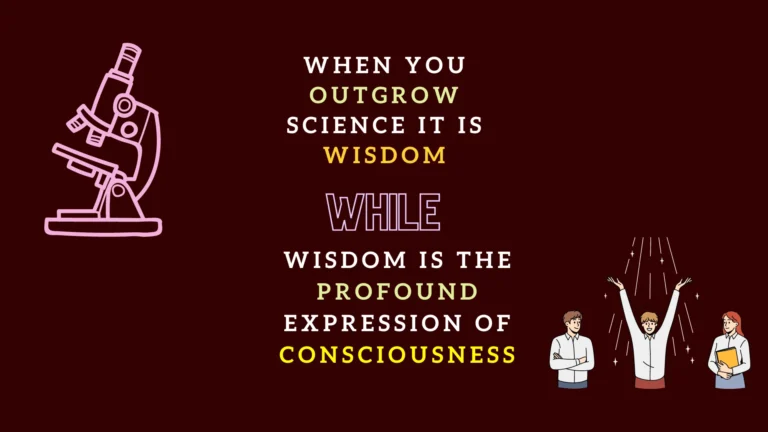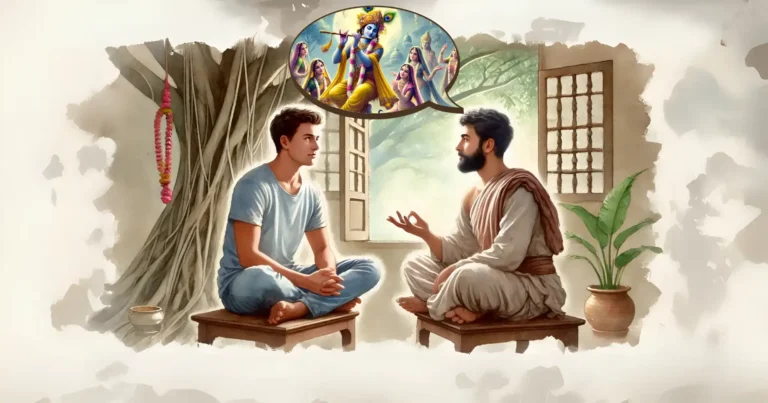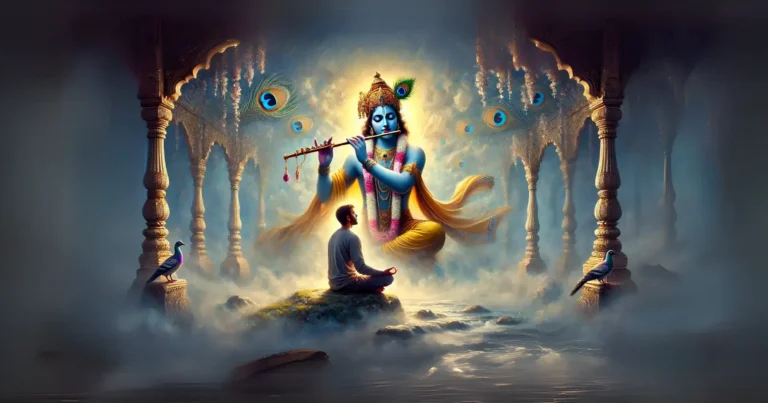Please Like the Blog and Share it for Maximum Reach
Table of Contents
Origins and Purpose of Culture
The English word “culture” comes from the Latin word “cultus” which means to care. It also seems to have a French flavour which means to till or till the soil. So culture essentially means what we have cherished or grown within us and imbibed from the past, in a subjective sense.
It’s great to have a culture.
Cultures are inherited from the past.
A true Custom is what continues if in the past it had shaped the ways of people.
Although Culture shapes our futures, we may not be compelled by it, to evolve as humans. Customs if they are rich, as in the case of India, should always set the framework of accommodation, to integrate and evolve.

When cultures tend to dictate dogmatism, such cultures become autocratic and corrode the intelligence of the population that preserves the culture.
Sometimes Customs may be also rooted in hatred especially if a nation faces anarchy or foreign attacks. The gene of fear and subjugation can also become a cultural trait that is not good for inner growth.
Cultures can be Toxic
There are many customs around the world that are rooted in violence and hatred, intolerance, and in politics.
These cultures are toxic and incite humanity into a debilitating future. Our personalities are often shaped by the cultures we come from.
Our genetic code has the initials of our culture etched inside of it that dictate our characteristics, our behavior, even our thought patterns, and our habits. It also encodes within us, our mannerisms.

For example, Indians, having been ruled by a foreign power for a little under 1000 years, tend to be less trusting and also try to gain an advantageous position, especially while interacting with other races or for that matter tend to gather an upper hand while interacting with other Indians.
This is just an example of how our cultures affect our behaviors.
Source of Customs
It is important to demystify culture as a concept before we can understand the importance of culture and its effect on day-to-day life.
People often associate themselves with traditions and customs that have been carried forward through the ages. There are several reasons for culture to perpetrate into the modern age for people to follow those traditions even in the current trait.
Let us consider the many sources of culture.
Customs based on Race, Caste, Creed
Some of the customs may have been associated with divisions in society. There are several customs that have evolved over the many hundred years based on race, caste, and creed. Several movements in the world have transpired in a way that people get identified by customs of ancient times.
For example, people are proud because they have royal blood running through their veins. Although society has dramatically changed, certain olden days customs are still being followed in many families which is not in consonance with the current day scenario.

Some customs differentiated among people on the basis of caste. But, they were ideologies applicable to a selected set of people of a particular time. Since a family is identified with that past ideology people continue following those practices. Some customs also reflect Historical events which we have discussed in detail below. One such festival is held in Germany known as the Oktoberfest
Customs based on geographical divisions
There may be certain customs that may be based on geographical divisions. If oranges are popular in certain regions of the country and there is over-production of oranges in that region for a certain reason, it may be customary to hold an “orange festival” every year, where people from all walks of life visit the place and promote the mood elsewhere too.
Following this region, there may be other regions who pick up this idea and popularize certain customs over many years and that becomes the custom in that geography of the world.
Customs related to religion
This is perhaps the most influential area where customs flourish in all varieties. People need to identify themselves strongly. Other than religion, there seems to be no better option for people to identify with. There are many anecdotes and practices in the holy books and scriptures of people following various religions.
Certain anecdotes talk about practices that would have been carried out by the characters described in the holy books. People identify themselves strongly with those scriptural characters and want to imitate these characters.

Hence festivals are born through this strong sense of identification. Thus customs are strongly influenced by religion and other occult practices that form the framework of scriptures.
Customs based on Historical events
A region of the world has its own history. A nation or a region may have adopted a certain custom of celebration on certain historical dates as discussed in the earlier section pertaining to the Oktoberfest. But as time passes, the historical date may not be remembered but the practice of taking part in the rituals may well continue into the future.
During the Indian independence movement, Sri Bal Gangadhar Tilak established the festival of Elephant-God Ganesha. It was the time when India stood divided under the British rule.
The main motivation for celebrating the festival of Lord Ganesh was to bring people together and get them united.
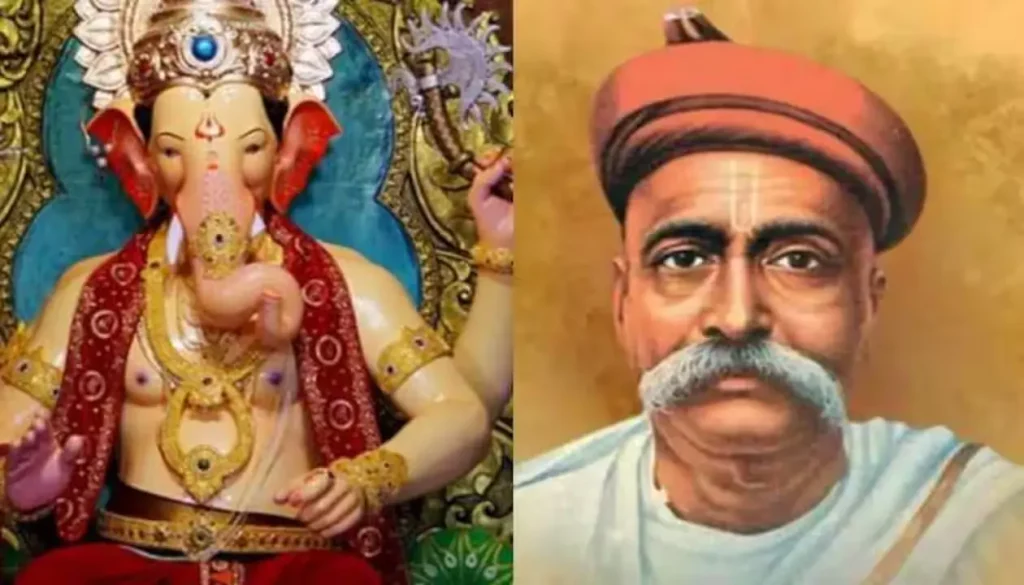
The people of India were deeply connected with Gods and it would be of advantageous to bring together the strength of a united people invoking the presence of God through a festival.
There could have never been a better plan than this, to bring groups of people together in many parts of the Nation to celebrate the festival and thus unite against the British Raj. Today, most people have forgotten the history behind the event but the festival of Lord Ganesha is still being followed as a public event with faith and gaiety.
Influence of foreign culture
Today, the world has become a global village. We are being influenced by many customs and traditions around the world. In India especially, 30 years ago one would have never heard of Father’s Day, Mother’s Day, or Valentine’s Day. However today, India happens to be grossing as a market for these gift items.
Now foreign festivals have become part of Indian culture although initially, they were means to intrude into our traditional, Santana Dharmic customs. Today, people intentionally choose to be a part of Western society although internally they might tend to reject such ideas.

A few section of people have willingly adopted a Western lifestyle while a few believe in change with the changing trends.
Customs developing due to unusual circumstances
Now there may be a local or worldwide phenomenon, catastrophe, either locally or internationally.
For example, the world is combating the Covid virus catastrophe. This has left a huge impact on the world population and many generations may remember the year 2020 as a year of world calamity.
Today even the year 2020 represents a great event on the customs of the world.
Rituals beyond the culturescape
There are certain rituals within Sanatana Dharma. Unfortunately, the world seems to label these practices as solely belonging to culture. In fact, these Vedic rituals are only rituals in appearance but depict a deeper and more profound dimension of life.
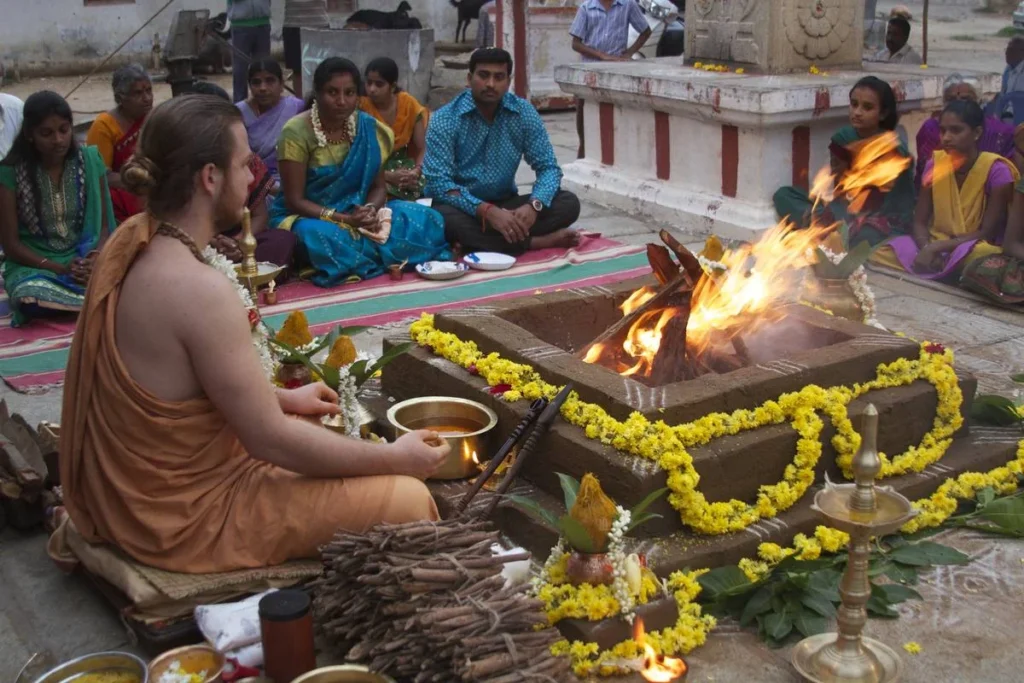
People following Hinduism carry out some of these esoteric rituals in the same way as one maintains a body without a soul. Hence, these rituals are dead in the current scope of customs. But, there are some families who follow these traditions blindly.
They have no strong reason to support their actions. For example, the rituals followed to please deities, holding fire sacrifices and many other esoteric rituals cannot be simply linked to customs because the spirit of these rituals connects to a deeper dimension of life.
They have to do with deeper dimensions of life and existence. If one understands and realizes the value of these rituals, they can serve as a passage to contact infinitum through these Vedic practices.
Customs represent strong identification
Customs by far, represent a trail left by some events or rituals of the past.
The spirit and significance of many of these rituals have been lost and yet people try to retain the traditions and customs by repeating the practices year after year because it gives them a strong sense of identification and expression.
Every living entity wants to exert its existence. Therefore, they adopt culture to put their ideas across as strong expressions.
A Need to Detoxify Culture
It is high time that we purge ourselves of all the influences of culture in general because then we shall truly know freedom, and spiritual freedom and not irresponsibly shy away from our natural programming by “re-programming” an artificial sense of freedom by psyching ourselves free; this is not truly possible.
The only possibility of freeing ourselves from all such compulsions is through the deprogramming of our Mind and Consciousness by adopting a rich Vedic lifestyle which includes meditation, prayer, Japa, or chanting.
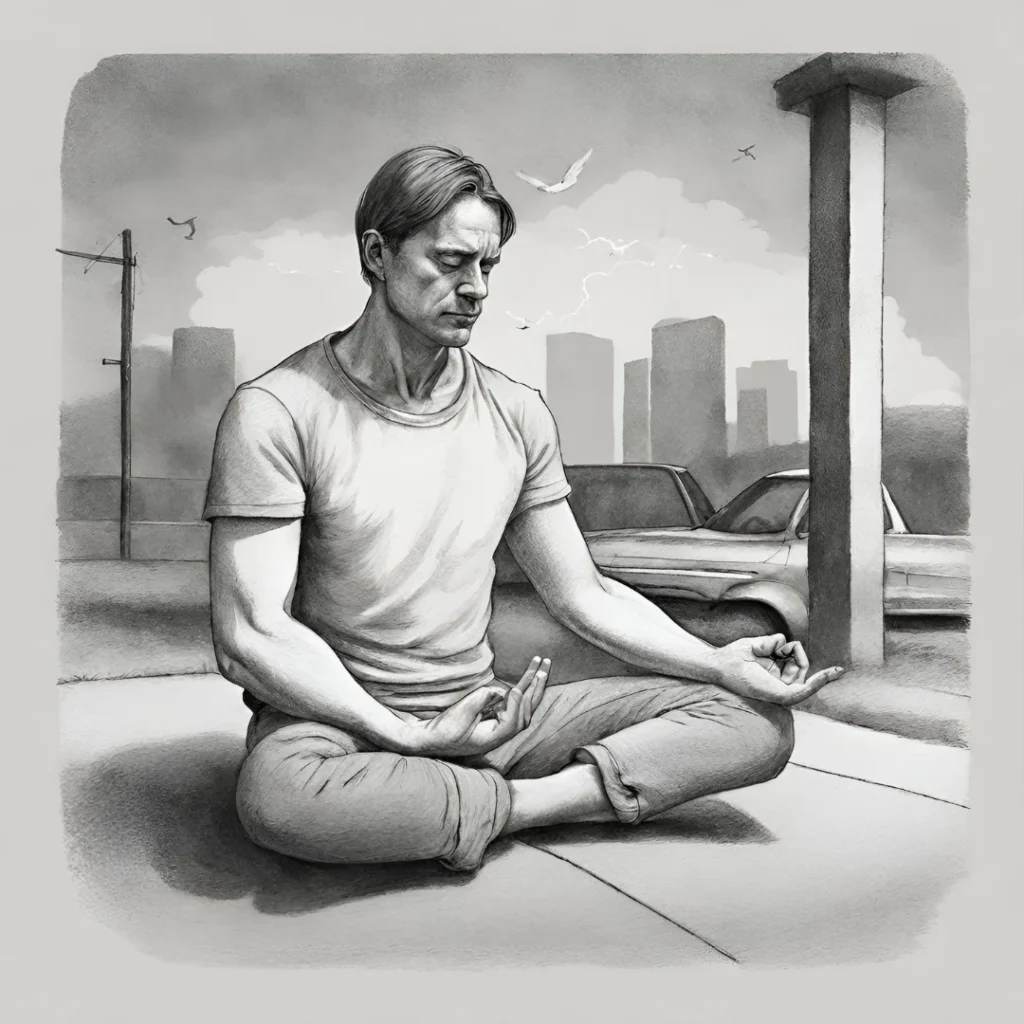
This shall carve inroads towards correcting our cultural biases but also set the scene for everlasting happiness in your life.
The Culturescape and Spirituality
Spirituality is the means to realize the spirit. The spirit lies behind the many peels of identification, habits, and idiosyncrasies of the living entity. Anything that evokes a strong identity that belongs to the material plane is an impediment to realizing one’s real nature.
Culture, customs, and traditions are very useful in maintaining the fabric of society and maintaining social norms. It is a route that Nature has taken to retain its form and then slowly graduate into other forms through changing cultures and traditions over a stretch of thousands of years.
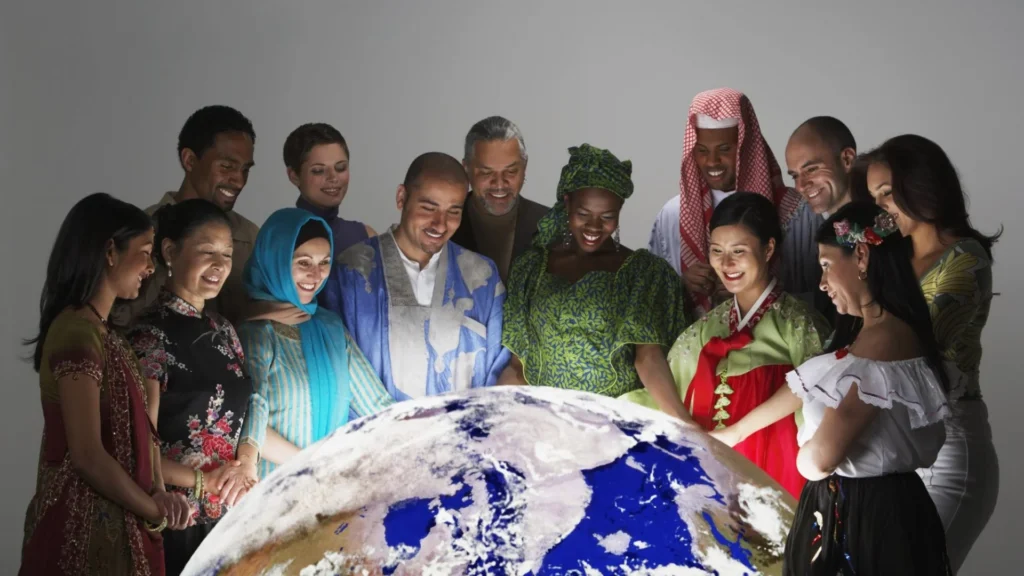
However, for an individual who is in the seeking mode, getting thoroughly attached to culture or evolutes of culture, etc can prove to be a hindrance.
But since the individual has to survive and exist within the norms of society, he should learn to respect and tolerate the proliferation and practice of culture while his attention should be on relieving himself from any sort of practice that shall renew his identification of matter and materialistic emotion.
Understanding the Intention of Culture
It’s great to have a culture. Cultures are inherited from the past. True culture is what continues if in the past it had shaped the ways of people. Although culture influences one’s future, one should not be compelled by it as one evolves as a human. If culture were rich, as in the case of India, it should help us accommodate, integrate, and evolve.
When cultures tend to dictate dogmatism it becomes autocratic.

They corrode the intelligence of the population who were initially torchbearers of a progressing culture. There are cultures in the world that have their origin in violence, hatred, intolerance, and politics. These cultures are toxic and incite humanity into a debilitating future.
One’s religion can be toxic, being a part of a barbaric exploitative culture. Such cultures were formed as part of a larger political scheme. If religion were to be devoid of genuine spiritual tenor it becomes toxic because it serves to subjugate its followers in the name of God.
Test your Alignment with the Spiritual Subject Matter (only 7 Questions)
The scores generated in this Quiz are relative. There are no right or wrong answers. A percentage towards 100 indicates that you are more aligned to the overall subject matter.
One’s genetic code is signed by Culture
One’s personality is often shaped by the culture one belongs to. One’s genetic code has the initials of one’s culture etched inside one’s psyche whether one believes it or not, that dictates one’s characteristics, one’s behavior, even one’s thought patterns, and one’s habits.
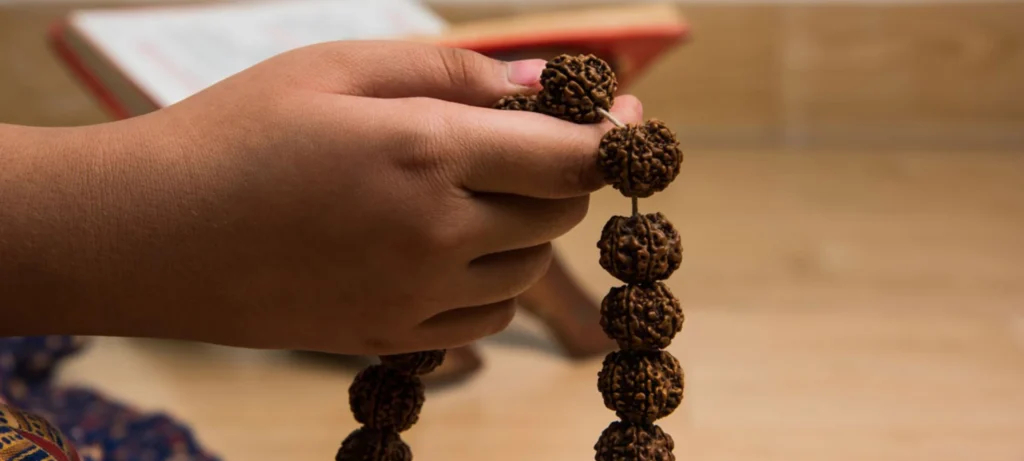
It is high time that one purge oneself of all the influences of culture because only then shall spiritual freedom unravel. The only possibility of freeing oneself from all such compulsions is through the deprogramming of one’s Mind and Consciousness by adopting a rich Vedic lifestyle which includes meditation, prayer, Japa, or chanting.
It is better to follow the Wise
This shall not only carve inroads towards correcting one’s cultural bias but also set the scene for everlasting happiness in one’s life. We need to follow the words of the Wise.
People who know peace and Tranquillity. People who have found their Self, The Original Self. The wise are the people who have known the world in its true essence, and who have realized it. Unless one has self-knowledge, one can never know the true nature of the world.

A truly wise being does not worry about the world or worldly affairs. He is constantly in touch with himself and ever prepared to leave the world if providence wills so, in the wink of an eye.
The man of wisdom never speaks unless consulted and never cares to share his wisdom with the illusory world because the world does not care for his golden words.
It is also not ready to understand the words of the truly wise. True happiness in your life shall only become a reality if only we work on our minds. Working with our minds necessarily is to study the mind with an unbiased outlook.
From Culture towards True Wisdom
We need to first accept ourselves as we are without trying to defend ourselves from the world, from what the world calls us or what it thinks about us. This is the first step towards developing true wisdom.
Undertaking a Vedic lifestyle is the next step. However, it does not necessarily mean that we should adopt a lifestyle of the first century. It really means that we need to be able to understand and analyze our shortcomings in the brilliant light of Vedic knowledge.

We need to associate with the wise men, who radiate light and who are renunciants by their very nature irrespective of what they possess. We have to become lovers of Truth and continuously sharpen our intelligence by the practice of Dharma, the eternal Vedic law mentioned in great scriptures like the Ramayana and Mahabharata.
All the solutions of our life are essentially embedded in these great scriptures. The more we practice Vedic law, wisdom shall eventually dawn upon us with all its pristine glory. Unless Culture graduates to a stage of wisdom, it can be considered to be the dead body of the once pristine past.
Please Like the Blog and Share it for Maximum Reach


